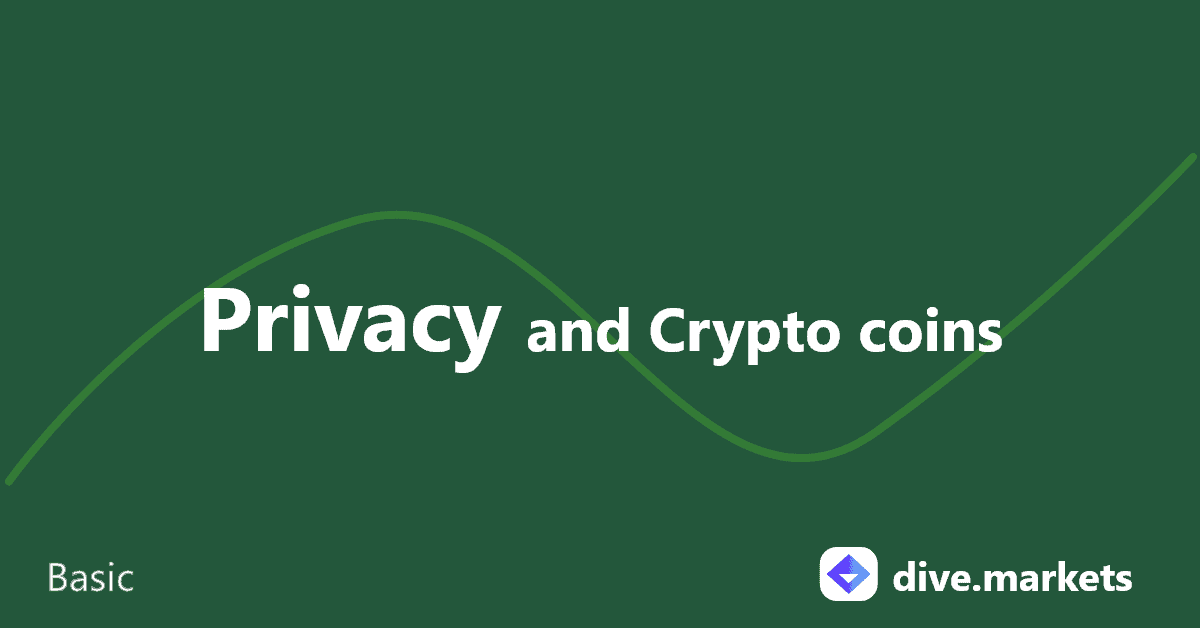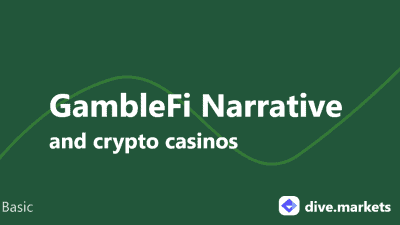Blockchain technology has revolutionized financial transparency by enabling transactions to be recorded on a public ledger. This increases trust and security among participants. However, privacy coins emerge as exceptions, aiming to protect user anonymity and reduce traceability. While they mimic the privacy of cash, these coins have sparked debate over potential misuse and regulatory challenges.
What Are Privacy Coins?
Privacy coins are cryptocurrencies designed to enhance anonymity and minimize traceability. They help obscure details like the sender, recipient, and transaction amount, allowing transactions to resemble cash exchanges, where an ATM withdrawal is recorded, but subsequent spending remains private.
Most cryptocurrency exchanges require identity verification for initial transactions, but tracking privacy coins afterward is challenging due to their features. Although these coins are more resistant to tracking, they are not fully anonymous. Advanced tracing techniques can still uncover transactional links.
How Do They Work?
Privacy coins use various technologies to protect user identities:
- Stealth addresses create a unique address for each transaction, making it hard to link back to the recipient. Monero exemplifies this feature.
- Ring signatures group users together, concealing their individual identities. Monero and Bytecoin use this method effectively.
- Zero-Knowledge Succinct Non-Interactive Argument of Knowledge (zk-SNARKs) allows for proving a transaction’s validity without revealing details. Zcash was the first to implement zk-SNARKs widely.
Popular Privacy Coins
As of 2023, the top coins by market capitalization include:
- Monero (XMR): Known for robust features like stealth addresses and ring signatures, making every transaction anonymous by default.
- Zcash (ZEC): Offers optional anonymity through zk-SNARKs, allowing users to choose when to share transaction details.
- Dash (DASH): Initially a fork of Bitcoin, Dash includes an optional privacy feature called PrivateSend, similar to CoinJoin.
Despite the use of these coins, many criminals still prefer Bitcoin for illegal activities. Bitcoin’s liquidity and wide acceptance make it more attractive. Although privacy coins are harder to trace, their lower liquidity complicates converting them to fiat currency.
The Debate Around Privacy Coins
Many associate them with money laundering and criminal activities. However, reports from organizations like Perkins Coie suggest that they do not pose a greater risk to anti-money laundering (AML) obligations than other cryptocurrencies. Furthermore, these coins offer significant benefits:
- Reducing authoritarian financial control: In countries like China and Russia, they protect individuals from government surveillance.
- Protecting sensitive information: Users may want to keep financial activities private to avoid hacking or scrutiny.
Regulatory and Exchange Bans
Several countries have imposed bans or restrictions on privacy coins:
- Japan, South Korea, and Australia have delisted privacy coins like Monero and Dash.
- In 2023, Dubai joined the list of countries banning these tokens.
- The European Union has also considered restrictions, as indicated by a leaked draft proposing a ban on “anonymity-enhancing coins.”
Exchanges have responded similarly. Bittrex removed these coins in 2021, and Kraken, Huobi, and BitBay also discontinued support due to regulatory pressures.
The Future of Privacy Coins
The future of privacy coins remains uncertain as regulators seek greater transparency in cryptocurrency transactions. While they challenge traditional norms, these coins raise essential questions about oversight.
As the cryptocurrency space evolves, a middle ground—like Bitcoin—may emerge as the ideal solution, providing both privacy and transparency to deter malicious activities without sacrificing financial freedom.
Conclusion
Privacy coins offer an alternative to transparent blockchains by granting users greater anonymity. However, they face regulatory hurdles and concerns over potential misuse. While they play a vital role in protecting individual privacy, their long-term viability will depend on finding a balance between user anonymity and the need for financial oversight.



